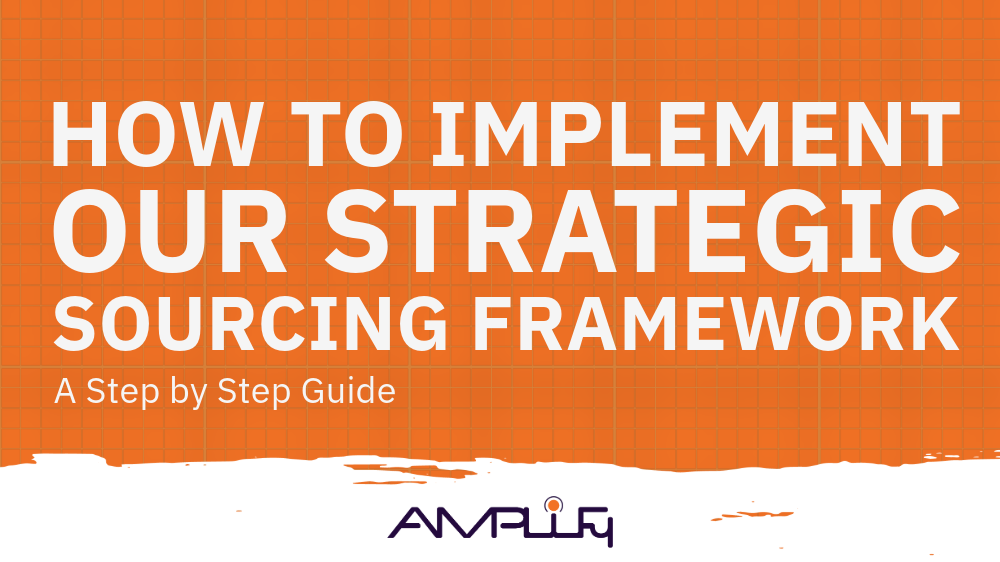What I Learned From Taking Companies Public
With so many companies going public these days, I thought it would be only fitting to write an article addressing what I’ve learned firsthand from taking companies public. Now, I want to clarify right off the bat: When I say “going public,” I’m not really talking about the SPAC route. Instead, I’m talking more about the traditional IPO: when a company offers their stock via the traditional listing process.
In my experience, the companies (at least when I have come on board) were considered mid-market companies (150 million to 1 billion), which means they haven’t gone public yet. The way I see it is that, as a rule of thumb, companies need to have five or eight buckets to go public. We’ll cheekily call this my own version of the “bucket list.”
Companies need to have a strategy, a technology landscape or platform, and an IT platform. They also need to be profitable and have the right people. Also vital? A solid foundational reputation and ethics, which ties directly into the fact that they also need to put into place compliance and security.
My world revolves around people, process, and technology. And it all circulates around the concept of operational risk management. My ultimate goal when helping these companies to go public is to manage their operational risk.
Basically, my main job is to keep them out of financial trouble and ensure that the operational excellence and their business processes and strategy can ensure that they’re on an upward trajectory always, where they’re growing, they’re scaling, and they’re making money.
Now, I’ll give you a little window into my POA as I approach each project. I tend to take a several-pronged approach and “attack” it in a few different ways. I set out to establish a change management mentality. I do this by creating systematic change agents inside of the organization so that the right talent is in the right process, managing the right technology across the organization.
So, after doing all that and so much time in this IPO realm, here’s the three main things I’ve learned that I’ll now pass on to you:
Not all companies should go IPO
Remember that now-infamous slogan that was launched in the eighties to keep kids off drugs? “Just say No?” Well, I’m going to apply that to some companies thinking of going IPO. I’m not going to go full-on across the board and declare they all should “Just Say No,” but I will say—with confidence—It’s okay for some to say no to going IPO.
The reason I say this is because certain companies are going IPO for the money. They’re trying to get capital, plain and simple. But the problem is, money isn’t going to make an inefficient business work better. Sure, it will help you buy newer and more expensive technology, but it’s still not going to make a bit of difference in the long run if your business doesn’t run efficiently.
Same, but Different
The second thing I’ve learned is that just because you’ve done it once, and succeeded, doesn’t mean you’re going to be successful again. Simply put: You can’t apply the same strategy to the same, or a different, business and expect it to work twice. Everything’s constantly changing. The dynamics of the world are always different and fluid at any given time. There are many different nuances that need to be considered before jumping into anything, especially when we’re talking about an IPO. You know what they say about assuming… So don’t.
Where’s My Piece?
You know how they dangle a carrot in front of the rabbit on the track, and the dogs run around the track because they’re chasing the rabbit that’s chasing the carrot? It’s that same kind of mentality. Basically, what happens is that that going IPO helps a group of individuals that have a shared goal of taking a company public for financial gain, just to have it. But not so fast. Not everyone will get a piece of that proverbial pie. So, rude awakening for those who don’t yet know it: It’s a fallacy that taking a company public is beneficial for everybody in that organization. Still, some people go along for the ride because they think it’s going to benefit them in the long run. They get 100 shares at IPO prices, and they make 1,000 dollars.
Just a few things to chew on before taking the leap and going IPO. I’m not saying to just say no, but I’m also not saying to just say yes. Weigh the pros and cons, and look at it realistically, then confidently decide to leap or not.




